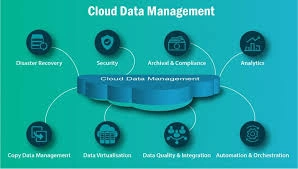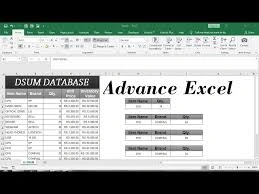Course Overview
Epidemiologists have relied on Stata for over 30 years because of its specialized epidemiologic commands, accuracy, and ease of use. Whether you are researching infectious diseases, investigating exposure to pathogens, or studying chronic diseases, Stata provides the data management and statistical tools to support your research. It also gives you the ability to make publication-quality graphics so you can clearly display your findings.
Course Duration
5 Days
Who Should Attend
- Epidemiologists
- Public health professionals
- Medical researchers
- Biostatisticians
- Data analysts working in health-related fields
Course Objectives
By the end of this course, participants will:
- Understand the basics of epidemiological data analysis.
- Navigate and use Stata software efficiently.
- Manage and manipulate epidemiological data in Stata.
- Perform descriptive and inferential statistical analyses.
- Conduct regression analysis and interpret the results.
- Apply epidemiological methods to real-world data.
- Present and visualize epidemiological findings effectively.
Course Outline:
Module 1: Introduction to Epidemiology and Stata
- Overview of epidemiological concepts
- Introduction to Stata: Interface, commands, and syntax
- Importing and exporting data
- Data cleaning and preparation
- Basic descriptive statistics
Module 2: Data Management and Descriptive Analysis
- Data manipulation techniques
- Creating and managing datasets
- Generating summary statistics
- Exploring data distributions
- Handling missing data
Module 3: Inferential Statistics in Epidemiology
- Hypothesis testing and p-values
- Confidence intervals
- Comparing means (t-tests, ANOVA)
- Non-parametric tests
- Chi-square tests for categorical data
Module 4: Regression Analysis
- Introduction to regression analysis
- Simple and multiple linear regression
- Logistic regression
- Survival analysis
- Model diagnostics and interpretation
Module 5: Advanced Epidemiological Methods and Data Visualization
- Advanced regression techniques (e.g., Poisson regression, Cox regression)
- Handling complex survey data
- Visualizing epidemiological data (graphs, plots)
- Reporting and presenting results
- Practical session: Applying learned techniques to a real dataset
Customized Training
This training can be tailored to your institution needs and delivered at a location of your choice upon request.
Requirements
Participants need to be proficient in English.
Training Fee
The fee covers tuition, training materials, refreshments, lunch, and study visits. Participants are responsible for their own travel, visa, insurance, and personal expenses.
Certification
A certificate from Ideal Sense & Workplace Solutions is awarded upon successful completion.
Accommodation
Accommodation can be arranged upon request. Contact via email for reservations.
Payment
Payment should be made before the training starts, with proof of payment sent to outreach@idealsense.org.
For further inquiries, please contact us on details below:






